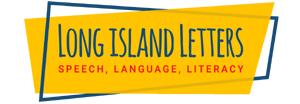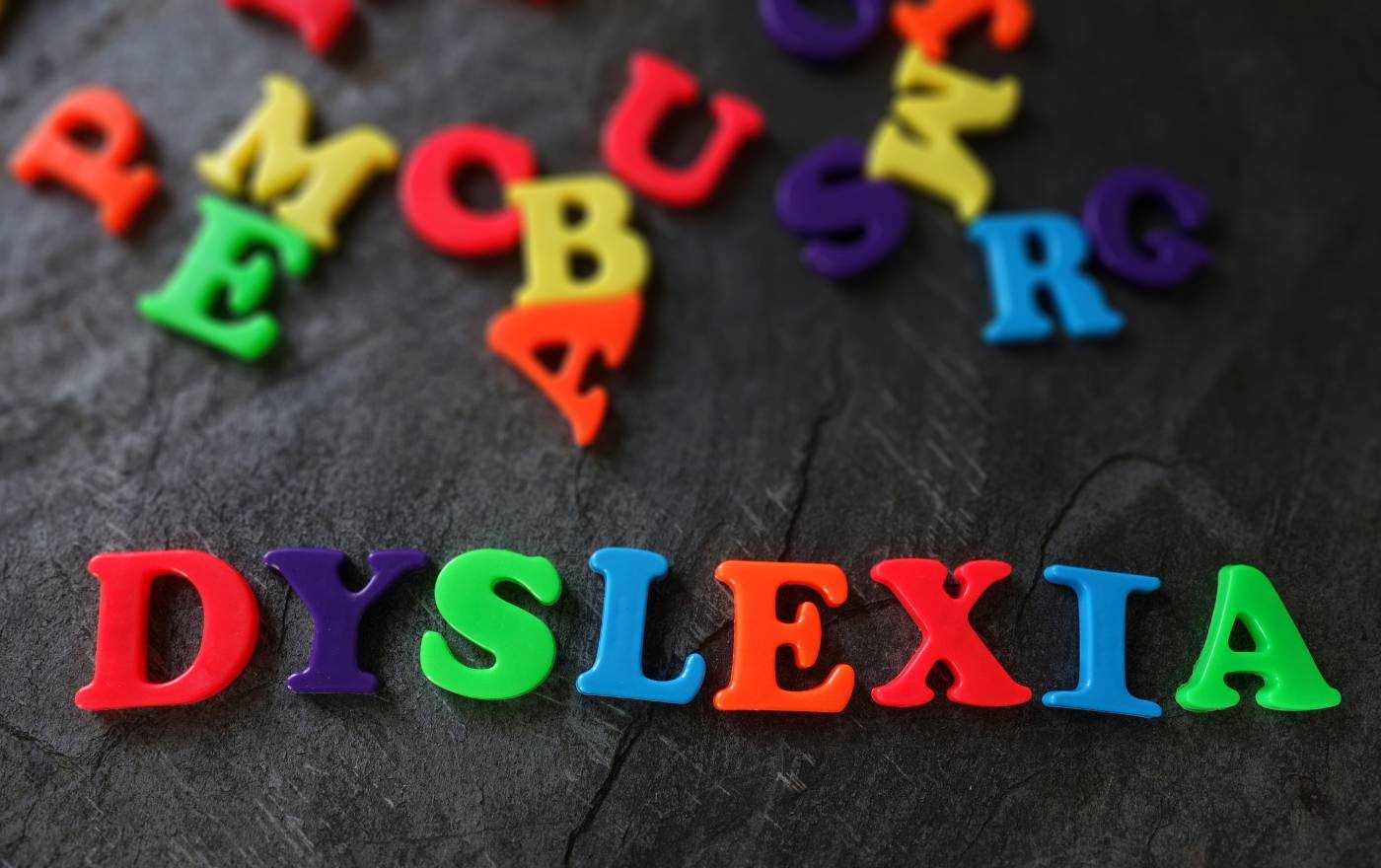WHAT IS DYSLEXIA?
Defining What Is Dyslexia
Dyslexia is a neurological condition primarily affecting reading, spelling, and writing skills. It is not related to intelligence or lack of effort but is a result of differences in how the brain processes language. People with dyslexia may have difficulty decoding words, recognizing letter-sound relationships, and mastering fundamental reading skills.
The exact cause of dyslexia is still a subject of ongoing research, but it is believed to have genetic and environmental factors. It often runs in families, suggesting a strong genetic component.
Recognizing the Signs
Identifying dyslexia can be challenging, as it manifests differently in each individual. Some common signs and symptoms include:
- Difficulty with reading: People with dyslexia may struggle with reading fluency and comprehension. They might read slowly, mispronounce words, or lose their place while reading.
- Spelling difficulties: Dyslexic individuals often have trouble spelling, even with common words. They may also need help remembering the correct order of letters in words.
- Difficulty with writing: Dyslexia can affect a person’s ability to express their thoughts in writing. They may need help organizing their ideas using proper grammar and may produce written work that is less coherent than expected for their age or educational level.
- Phonological difficulties: Many individuals with dyslexia struggle with phonological awareness, including the ability to recognize and manipulate language sounds. This can affect their ability to learn new words and language skills.
Impact
The challenges associated with dyslexia can have a profound impact on individuals throughout their lives. Early academic struggles may lead to low self-confidence, low self-esteem, and a negative view of education. However, it’s important to note that dyslexic individuals often possess unique strengths, such as creativity, problem-solving abilities, and strong visual thinking skills.
In adulthood, dyslexia can continue to present obstacles, especially in the workplace. It may take individuals with dyslexia longer to complete reading and writing tasks, leading to stress and frustration. However, with the right support and accommodations, many dyslexic individuals have succeeded in various fields, including business, science, and the arts.
Support and Accommodations
Understanding dyslexia is the first step in providing appropriate support and accommodations for individuals with this condition. Some effective strategies and accommodations include:
- Early intervention: Identifying dyslexia in children and providing targeted interventions can significantly improve their reading and writing skills. Early support is crucial for building confidence and preventing long-term academic difficulties.
- Individualized education plans (IEPs): IEPs can outline specific accommodations and strategies tailored to a student’s needs in schools. This may include extra time for reading and writing assignments, audiobooks, or assistive technology.
- Assistive technology: Various tools and software are designed to assist dyslexic individuals in reading and writing. Text-to-speech software, spell-checkers, and speech recognition programs can be incredibly helpful.
- Tutoring and specialized instruction: Dyslexic individuals can benefit from technical education focusing on phonemic awareness, decoding skills, and reading comprehension.
By increasing awareness, providing appropriate support, and accommodating the unique needs of dyslexic individuals, we can help make learning easier. With the right resources and understanding, dyslexic individuals can thrive in both e
Identifying the Indicators
It’s common for a child’s dyslexia to go unnoticed until they start school. Yet, by being aware of certain indicators, you can seek assistance before they begin formal education. Observing any of the points below warrants an evaluation:
- Reading Hurdles: Challenges in pronouncing words, fluent reading, or understanding written content.
- Issues with Spelling: Regular and often varied spelling mistakes.
- Troubles in Writing: Difficulties with sentence structure, punctuation, and articulating ideas.
- Delayed Reading: Reading at a slower pace compared to peers without dyslexia.
- Weak Sound Recognition: Problems in identifying and manipulating sounds within words.
- Rhyming Struggles: Difficulties in recognizing or producing words that rhyme.
- Sequencing Problems: Issues in recalling and executing a series of instructions or events.
Getting a Diagnosis
If you think your child might have dyslexia, it’s essential to consult a specialist, like a neuropsychologist or educational psychologist, for a formal assessment. An accurate dyslexia diagnosis can pave the way for the right support and adjustments.
A standard assessment might involve:
Gathering detailed information about the child’s linguistic development and attention-related issues.
- Tracking the child’s academic journey.
- Evaluating reading precision (untimed tests for reading specific and fabricated words).
- Testing reading speed (timed tests for reading specific and fabricated words and continuous text)
Analyzing sound processing (combining and segmenting words into their fundamental sounds).
- Spelling evaluation.
- Math assessment, encompassing worded problems and arithmetic.
- General cognitive assessment, covering both verbal and visual skills.
The duration of evaluations can differ, often taking up to two days, depending on the child and the assessor. Changing how dyslexia is diagnosed could help many more children learn to read. Learn why so many dyslexia diagnoses are often missed by too many schools.
Post-Diagnosis Steps
After receiving a diagnosis:
- Discuss the findings with the assessor and plan before sharing the details with the school.
- Reflect on your thoughts and questions, and jot them down. Consider discussing your notes with someone you trust.
- Receiving critical feedback about your child can be tough. Strive to remain objective and manage your emotions.
- Pay attention, make notes, and seek clarifications if needed.
Stand your ground and champion your child’s needs.
Approaches and Assistance
Several methods and support mechanisms can greatly aid children with dyslexia:
- Comprehensive Literacy Programs: These research-backed programs offer organized and clear lessons in reading and writing.
- Multi-Faceted Learning: Using multiple senses (visual, auditory, tactile) can enhance learning.
- Supportive Tech: Resources like text-to-speech applications, voice recognition, and audiobooks can be invaluable.
- Personalized Education Plan (IEP): Collaborate with your child’s school to devise an IEP that caters to their unique abilities and requirements.
- Speech and Linguistic Therapy: Speech therapists can enhance language and reading capabilities.
- Encouraging Home Setting: Promote reading activities at home, initiate conversations, and offer affirmative feedback.
Boosting Self-Worth
Dyslexic children might grapple with self-doubt due to their challenges. As guardians, you can uplift them by:
- Applauding their achievements, regardless of size.
- Fostering their non-academic talents and passions.
- Instilling a progressive mindset, underscoring that dedication and persistence result in growth.
- Engage in daily reading sessions with your child.
- Openly discuss the diagnosis with your child. Understanding their unique learning style can empower them.


